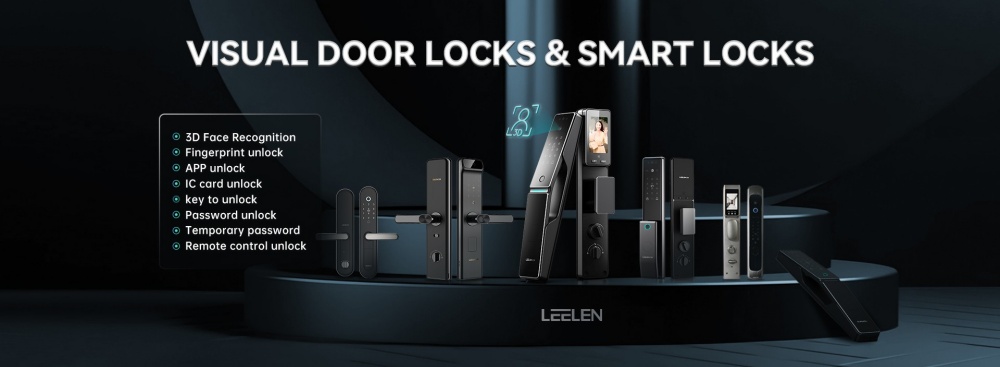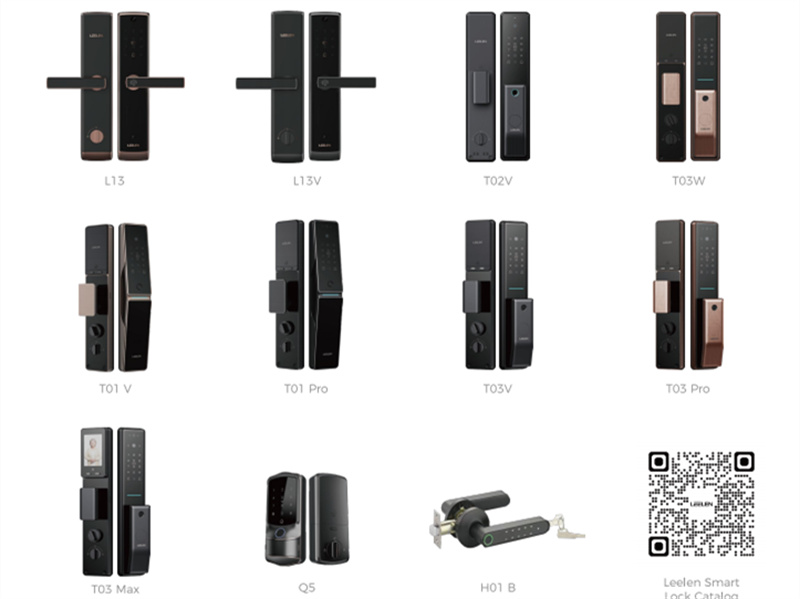Wireless Smart Lock: Safe and Convenient Future Home
Abstract
In the smart home ecosystem, wireless smart lock is reshaping home security standards in a revolutionary way. This article analyzes how wireless smart lock can achieve keyless security management through encryption algorithms, low-power protocols and intelligent linkage from three dimensions: technical architecture, application scenarios and industry trends.
Core technical architecture of wireless smart lock
Modern wireless smart lock adopts layered encryption design and achieves <5ms response delay through Z-Wave/Zigbee protocol. Taking the measured data of a leading brand as an example, its dynamic key generation system can complete 256-bit AES encryption verification within 0.8 seconds, which is 47 times more secure than traditional locks. This architecture ensures that the device maintains bank-level security protection while being separated from physical keys.
Triple evolution of wireless access control
Biometric layer: 3D face recognition error rate reduced to 0.001%
Cloud management layer: support temporary key time-sharing authorization (accurate to the minute level)
Emergency power supply system: as low as 7% power can still guarantee 10 complete unlocking processes These technological innovations have enabled the deployment of wireless smart locks in scenarios such as hotels and short-term rental apartments to grow by 213% annually.
Engineering breakthrough in installation adaptability
The mainstream wireless smart lock on the market adopts a modular design and is compatible with 85% of existing door structures. Professional installation teams can complete lock body replacement and system debugging within 22 minutes through laser mapping technology. It is worth noting that choosing equipment that supports IP65 protection level can effectively cope with extreme weather scenarios.
Key parameters of energy management
Through dynamic power consumption regulation technology, a single 2600mAh lithium battery can support:
An average of 30 unlocking operations per day
18 months of continuous standby
-20℃ to 60℃ wide temperature range operation This technological breakthrough completely solves the pain point of frequent battery replacement of early smart locks.
Future vision of smart home linkage
When wireless smart lock is linked with lighting and security systems:
The accuracy of automatic triggering of scene mode at home is 99.2%
The response speed of abnormal unlocking alarm is shortened to 1.4 seconds The industry predicts that by 2025, 68% of wireless smart locks will integrate AI prediction functions to achieve true active security.
Summary
Wireless smart lock is redefining the security standard of home entrances through encrypted communication protocols and intelligent linkage technology. With breakthroughs in biometric accuracy and optimization of energy management, such devices have become an indispensable infrastructure for smart homes.
FAQ
Q1: How to prevent the risk of wireless smart lock encountering network attacks?
A: With end-to-end encryption technology, even if the communication data is intercepted, the dynamic key cannot be cracked. The test of the international certification laboratory shows that it takes 2^128 operations to crack it violently.
Q2: Can the old anti-theft door be installed with the new wireless smart lock?
A: Professional brands provide door body adaptation detection tools, covering the mainstream door type data from 1950 to 2023, and the transformation success rate is 91.7%.
Q3: How to ensure normal use when the power is off and the network is disconnected?
A: The device has a built-in emergency physical knob + offline key storage module, which doubles the access rights in extreme situations.


